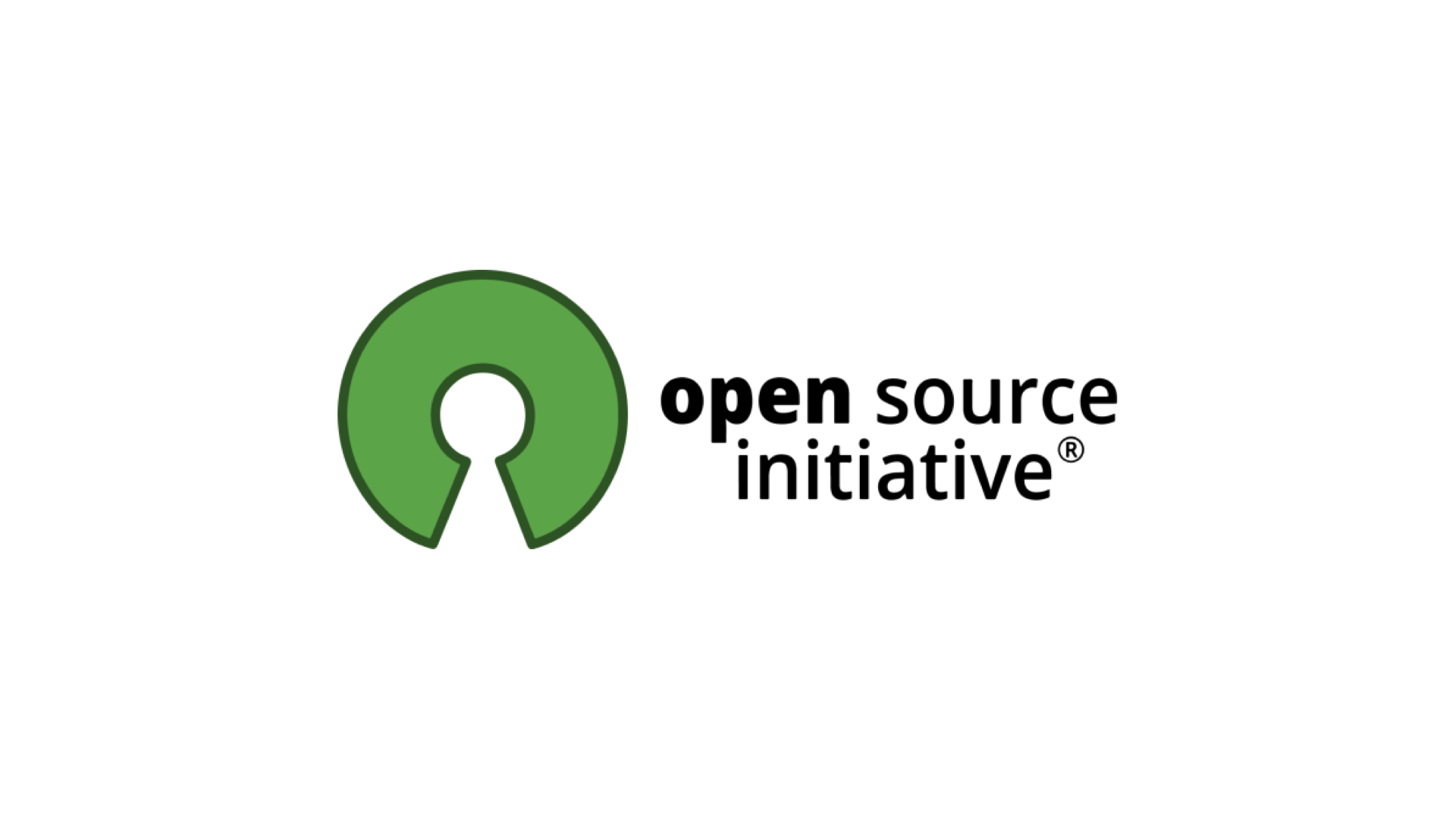The George Washington University’s Open Source Program Office (GW OSPO) is officially endorsing the Open Source Initiative’s (OSI) draft definition of open source AI. This endorsement marks a significant step towards promoting transparency, innovation, and equitable access in the rapidly evolving field of artificial intelligence.
Here is the official statement of support for the OSI Open Source AI Definition:
“The GW OSPO strongly endorses the OSI’s draft definition of open source AI. We believe this framework is crucial for fostering innovation, ensuring accountability, and democratizing access to AI technologies. Our institution is committed to upholding these principles in our own AI research and development efforts.”
Please see OSI’s v. 0.0.9 draft definition of open source AI to view the details of the definition that the GW OSPO is endorsing.
The OSI’s effort to define open source AI has sparked some controversy and debate. Here are some areas of discussion:
- The current definition challenges the practices of major tech companies like Meta, Google, and OpenAI, whose models often fall short of full openness due to licensing restrictions or lack of transparency around model weights. Some critics argue that the definition may be too stringent, potentially excluding valuable contributions to the field.
- Conversely, other critics argue the definition does not go far enough. By not requiring the release of training data centers on the crucial role data plays in AI systems, these critics contend that truly understanding and replicating an AI model's behavior is impossible.
- In addition, some critics argue that the OSI's process for developing the open source AI definition lacked transparency and broad community involvement, with some stakeholders feeling excluded from crucial discussions and decision-making stages.
Despite some controversy surrounding the Open Source AI definition, the Open Forum for AI (of which the GW OSPO is a member) and other community organizations maintain that having this process has been crucial. Perhaps not perfect in its implementation, OSI’s community process is a clearly preferable alternative to large tech companies self-defining open source AI. This is particularly true given the provisions within the EU AI Act for open source AI systems.
By championing the OSI’s definition, the GW OSPO is taking a proactive role in shaping the future of AI. The endorsement highlights the importance of collaboration and shared values in advancing technology for the greater good.
*This post was written with a little help from AI using Microsoft Copilot. The only AI content is in the first and last paragraph. Here is the prompt, “Please write me a quick article highlighting the GW OSPOs endorsement of the OSI AI definition. The endorsement statement to be included is, "The GW OSPO strongly endorses the OSI's draft definition of open source AI. We believe this framework is crucial for fostering innovation, ensuring accountability, and democratizing access to AI technologies. Our institution is committed to upholding these principles in our own AI research and development efforts."


